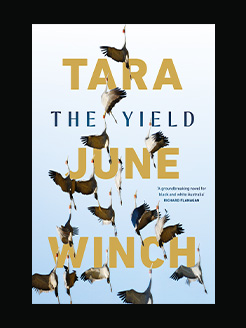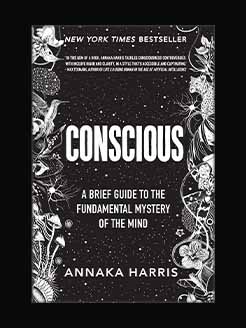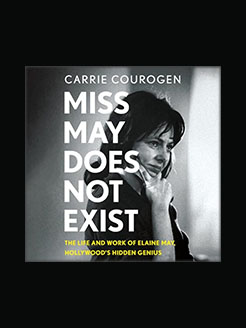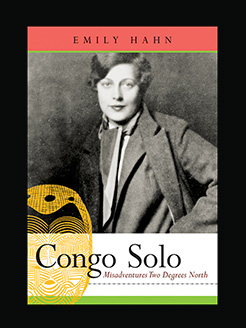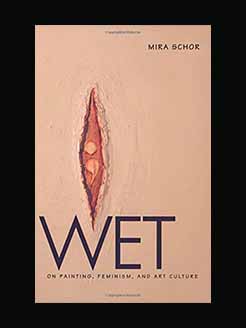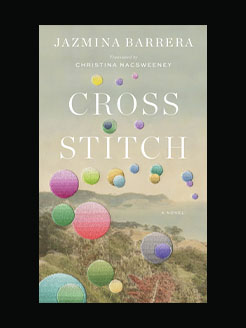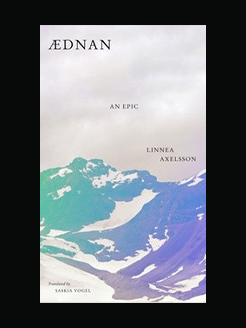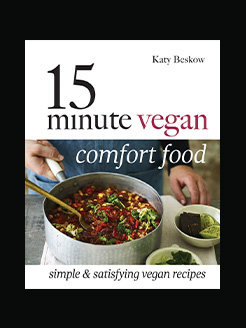Published in 1966
448 pages
Toni Morrison was an American author, editor, and professor who won the 1993 Nobel Prize in Literature for being an author “who in novels characterized by visionary force and poetic import, gives life to an essential aspect of American reality.” Her novels are known for their epic themes, vivid dialogue, and richly detailed African American characters.
What is this book about?
“A writer′s life and work are not a gift to mankind; they are its necessity” – Toni Morrison, Burn this Book
Published in conjunction with the PEN American center, Burn this Book is a powerful collection of essays that explore the meaning of censorship, and the power of literature to inform the way we see the world, and ourselves. Contributors include literary heavyweights like Toni Morrison, Salman Rushdie, Orhan Pamuk, David Grossman and Nadine Gordimer, and others.
In “Witness: The Inward Testimony” Nadine Gordimer discusses the role of the writer as observer, and as someone who sees “what is really taking place.” She looks to Proust, Oe, Flaubert, Graham Green to see how their philosophy squares with her own, ultimately concluding “Literature has been and remains a means of people rediscovering themselves.” “In Freedom to Write” Orham Pamuk elegantly describes escorting Arthur Miller and Harold Pinter around Turkey and how that experience changed his life. In “The Value of the Word” Salman Rushdie shares a story from Bugakov′s novel The Master and the Margarita in which the Devil talks to a frustrated writer called “The Master” The writer is so upset with his own work he decides to burn it: “How could you do that?” the devil asks… “Manuscripts to not burn.” Indeed, manuscripts do not burn, Rushdie argues, but writers do.
As Americans we often take our freedom of speech for granted. When we talk about censorship we talk about China, the former Soviet Union. Both provocative and timely, Burn this Book include a sterling list of award winning writers; it sure to ignite spirited dialogue
